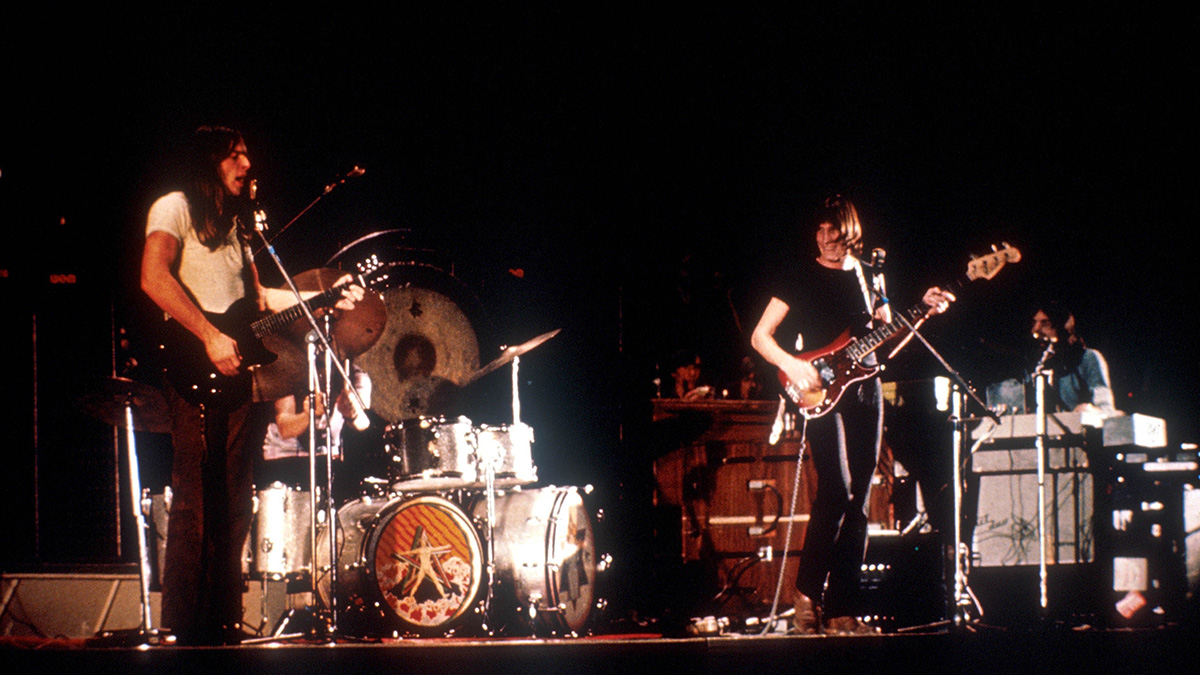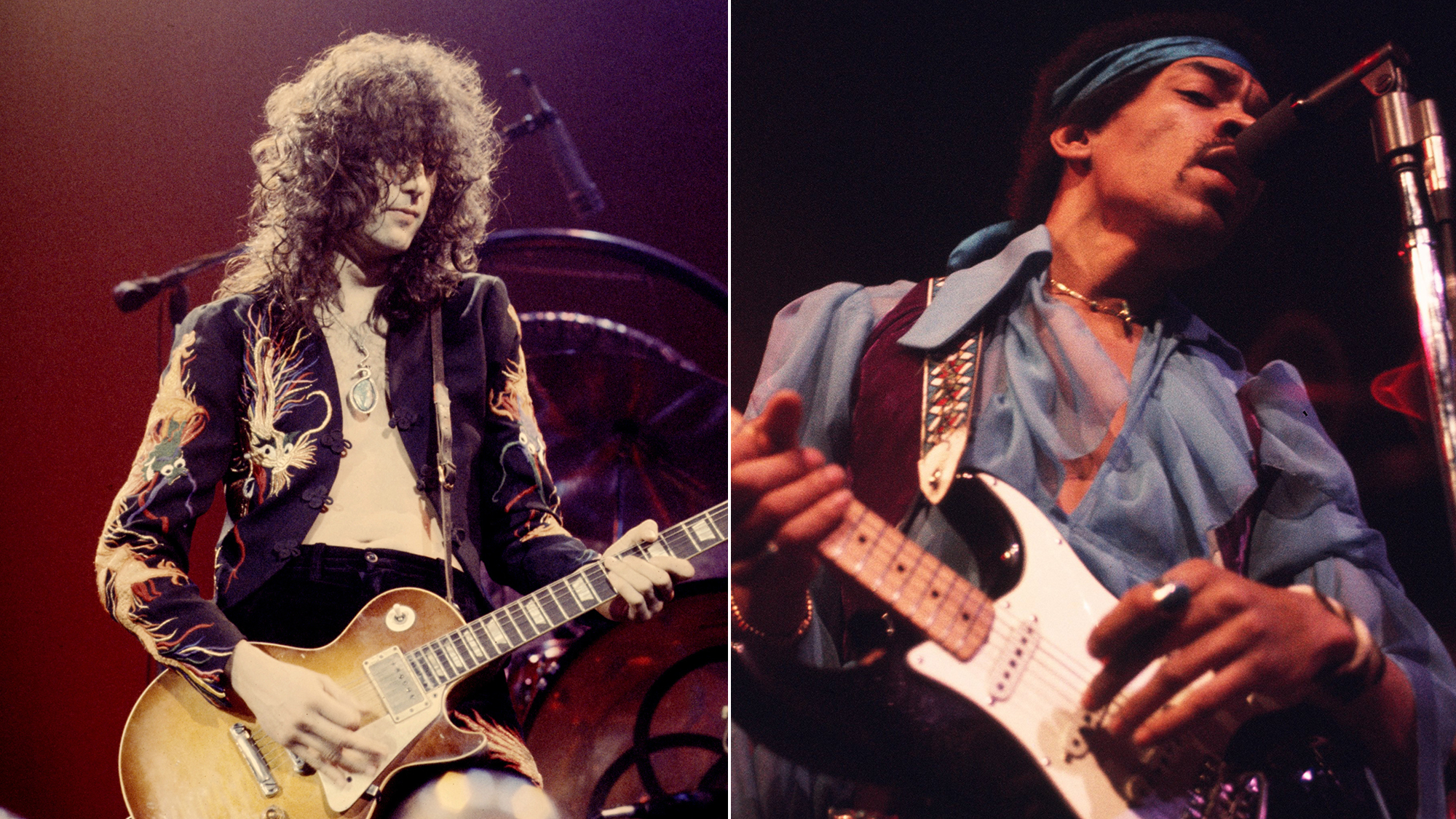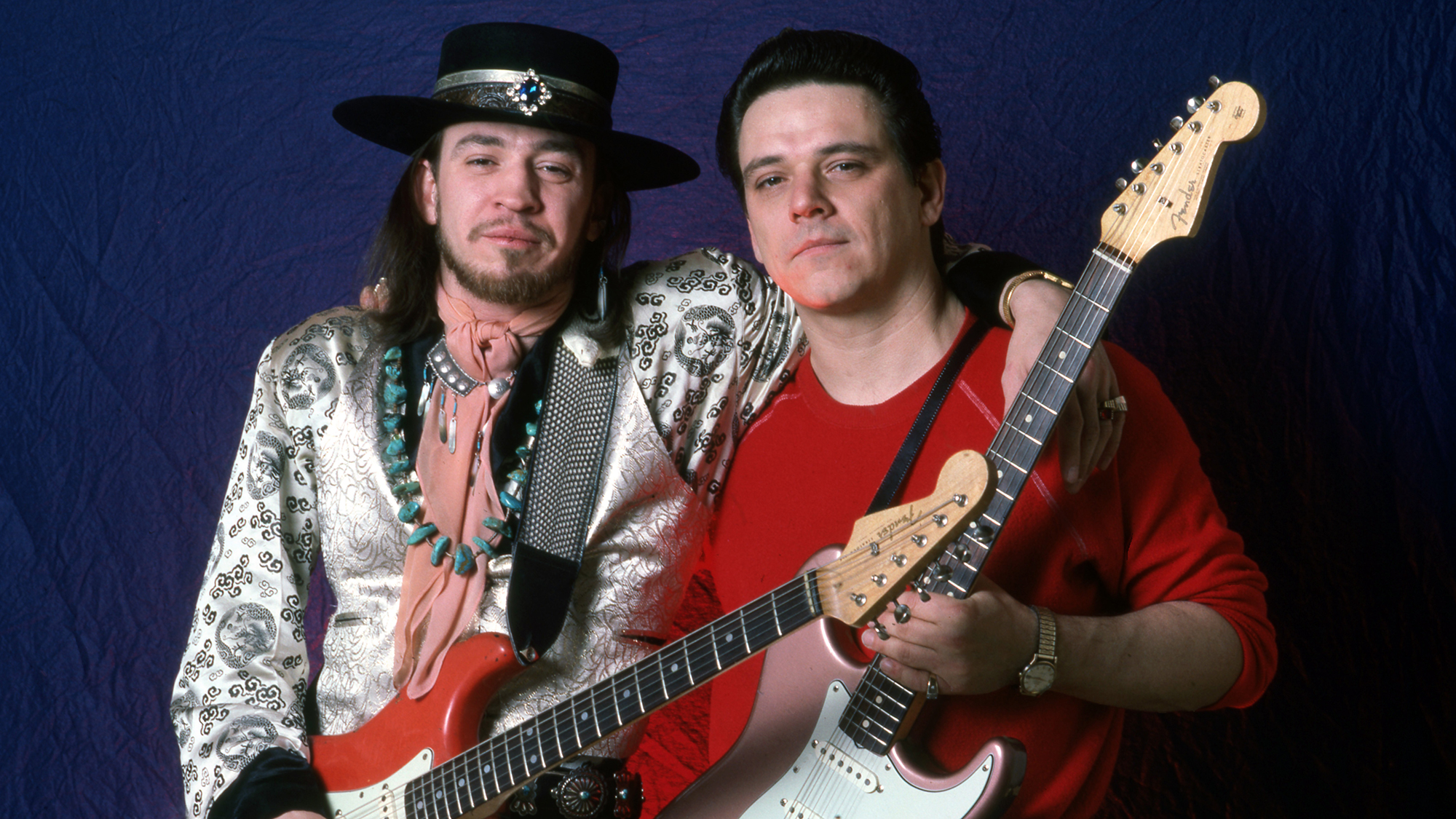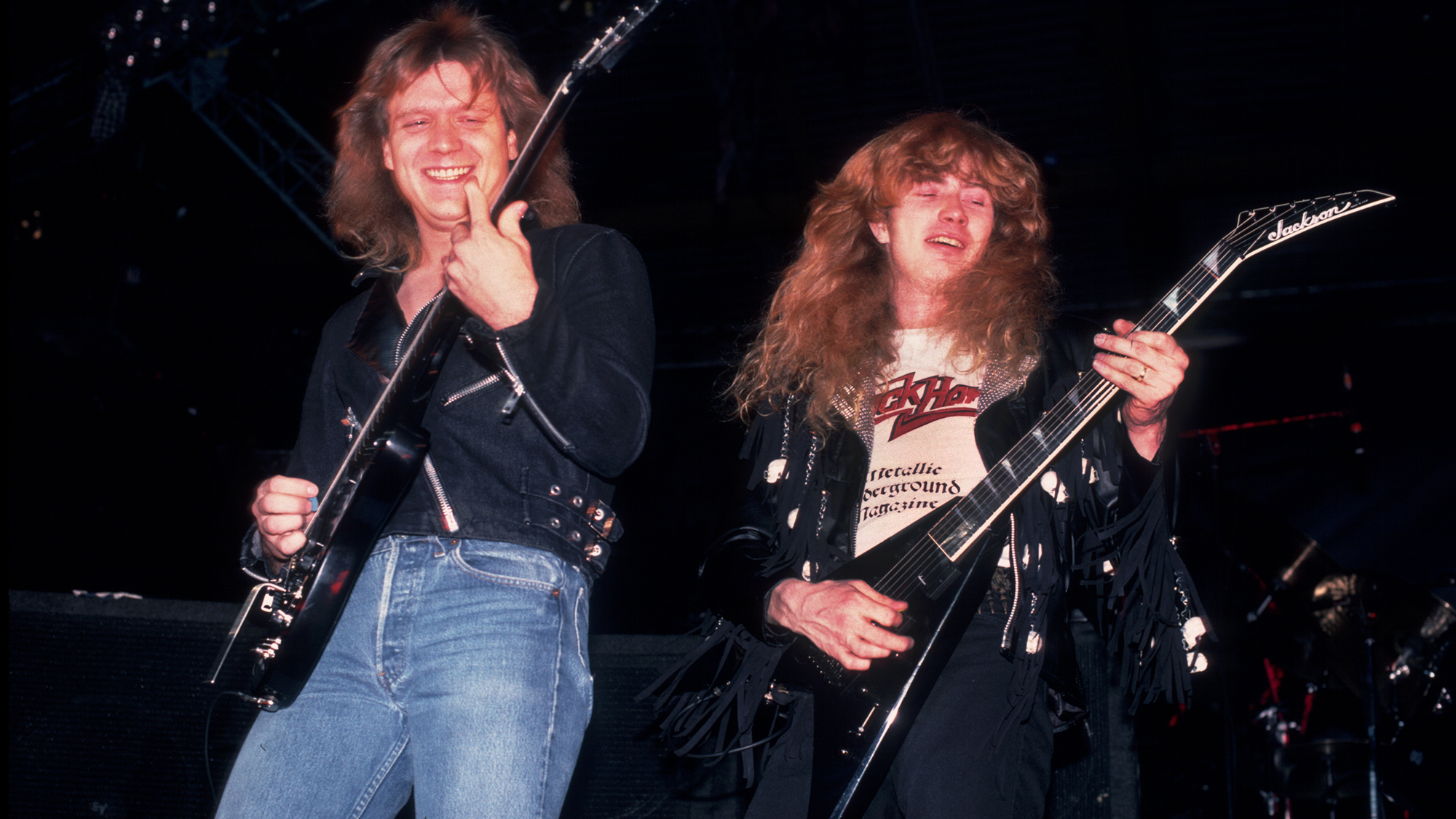“We’d be on the phone and he goes, ‘It’s too metal. I gotta get it on pop radio! Use the small amp, not so much distortion’”: Steve Lukather on how Quincy Jones saved Michael Jackson’s Beat It from becoming a metal track
Jackson wanted a rock track for Thriller – and Lukather says Jones had to step in to stop the song from entering fully fledged metal territory

Michael Jackson’s mammoth hit Beat It may have benefitted from some incendiary electric guitar flare at the hands of Steve Lukather and Eddie Van Halen, but legendary producer Quincy Jones saved the song from becoming an out-and-out metal track.
Jones is credited as the man behind the desk for many of Jackson’s biggest hits, including Thriller, Bad, and Billie Jean, but his influential oversight of Beat It could potentially have been his most impactful contribution to the King of Pop’s back catalog.
After hitting upon a winning formula with 1979’s Off The Wall, the Jackson/Jones partnership was revived for what would be the Thriller album, with the singer reportedly looking for an all-killer-no-filler LP.
Jones had been eager to include a rock song in the record’s assortment of radio-ready jams, and enlisted Toto’s Steve Lukather – upon the recommendation of producer David Foster – for the job.
In a recent interview with the British newspaper The Guardian, Lukather reflects that he may have first handled the rock song assignment with a little too much enthusiasm.
“The thing that people never say about Quincy is what a great casting director he was. He had a Rolodex of musicians of all sorts that he could grab at,” he says of the late producer, who passed away earlier this month.
“You never knew who you were gonna get with Quincy. I was trying to play it cool because I was a young fan, up in the room with the greats: ‘Oh, Stevie Wonder’s playing keyboards today, that’s kind of cool.’
Get The Pick Newsletter
All the latest guitar news, interviews, lessons, reviews, deals and more, direct to your inbox!
“Beat It, we did it backward,” Luakther continues. “Michael’s lead vocal and the Eddie Van Halen guitar solo were done with a couple of small overdubs but no click track. Jeff [Porcaro, drummer] made a click track and then a drum part, and I played a bunch of really wild guitar parts, because I knew Eddie’s solo was on it – I was doing real hard rock, a quadruple-track riff.
“Quincy wasn’t even there,” he expands. “He was at Westlake doing overdubs on Billie Jean while we were fixing Beat It – so we’d be on the phone and he goes: ‘It’s too metal, you gotta calm down. I gotta get it on pop radio! Use the small amp, not so much distortion.’”
Lukather likened Jones to a “casting director” in the way that he created his dream team of musicians, who would deliver the songs for the artists he was producing for. Jones, Lukather says, “is the only guy that can do a solo album without playing or writing anything.”
The hiring of hot-shot shredder Van Halen backs that up, even if it reportedly caused David Lee Roth to quit Van Halen.
“I’d used all these Marshalls, then Quincy called me,” Lukather had previously told Guitar World of Jones’ un-metalling process. “So I plugged in my Fender Deluxe, backed off the distortion, and gave him what you hear on the final record.”

Jones had reportedly given Van Halen a blank check for his contributions, knowing his presence would make all the difference to Jackson’s rock song.
“I was just finishing the second solo when Michael walked in,” Van Halen told CNN in 2012. “And you know artists are kind of crazy people. We’re all a little bit strange. I didn’t know how he would react to what I was doing. So I warned him before he listened. I said, ‘Look, I changed the middle section of your song.’
“In my mind, he’s either going to have his bodyguards kick me out for butchering his song, or he’s going to like it. And so he gave it a listen, and he turned to me and went, ‘Wow, thank you so much for having the passion to not just come in and blaze a solo, but to actually care about the song, and make it better.’”
It reportedly took Eddie Van Halen around an hour to track his parts, but the impact that has had on the music world since is seismic. In fact, it cracked the top 10 in Guitar World's list of the greatest guitar solos of all time.
A freelance writer with a penchant for music that gets weird, Phil is a regular contributor to Prog, Guitar World, and Total Guitar magazines and is especially keen on shining a light on unknown artists. Outside of the journalism realm, you can find him writing angular riffs in progressive metal band, Prognosis, in which he slings an 8-string Strandberg Boden Original, churning that low string through a variety of tunings. He's also a published author and is currently penning his debut novel which chucks fantasy, mythology and humanity into a great big melting pot.
“He got that from me. I used to throw my guitar as high as I could, like, 20 feet, and my guitar tech would catch it”: Dez Dickerson on Prince, his iconic Little Red Corvette solo, and why he left the Revolution
“I’d always seen the guitar as a thing for really accomplished people like Jimi Hendrix – watching Nirvana on MTV Unplugged exploded my brain”: Studio nerd Corinne Bailey Rae broke through after moving on from her punk roots. Then she went back












